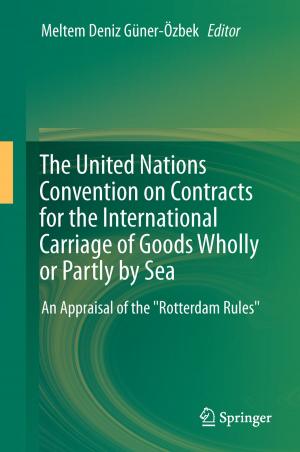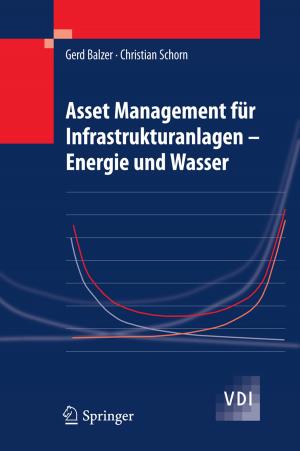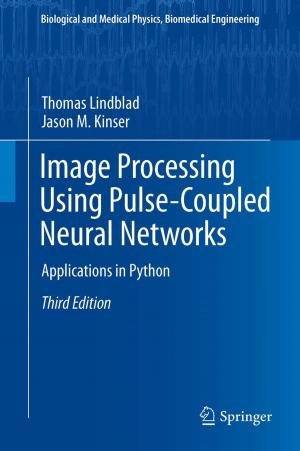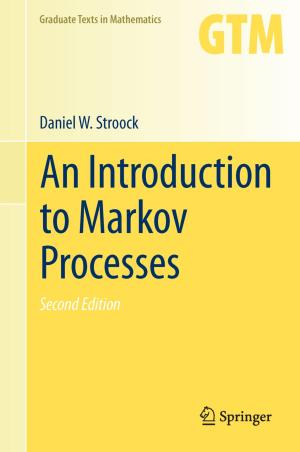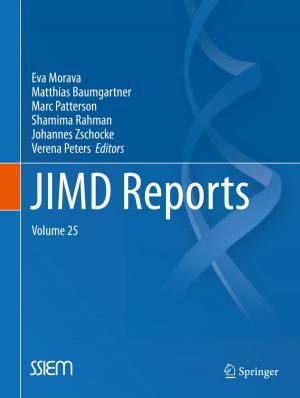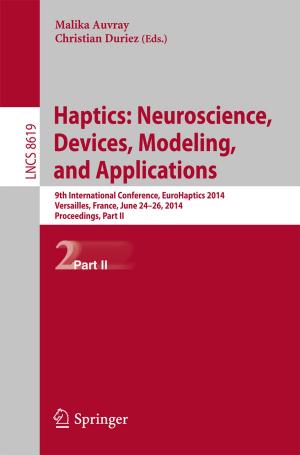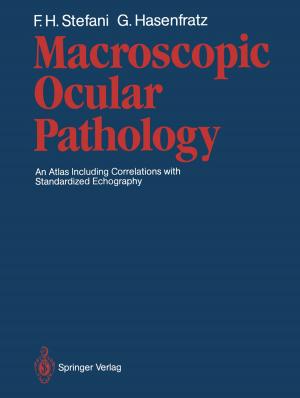Procedural Autonomy of EU Member States: Paradise Lost?
A Study on the "Functionalized Procedural Competence" of EU Member States
Nonfiction, Reference & Language, Law, International| Author: | Diana-Urania Galetta | ISBN: | 9783642125478 |
| Publisher: | Springer Berlin Heidelberg | Publication: | July 23, 2010 |
| Imprint: | Springer | Language: | English |
| Author: | Diana-Urania Galetta |
| ISBN: | 9783642125478 |
| Publisher: | Springer Berlin Heidelberg |
| Publication: | July 23, 2010 |
| Imprint: | Springer |
| Language: | English |
Is the procedural autonomy of EU Member State a myth or a reality? What should this concept be taken to mean? Starting from the analysis of requirements and principles regulating, generally speaking, the relationships between Member States’ and EU law, this book provides a definition of procedural autonomy able to account for the concept’s inherent limits. Out of an analysis of the more relevant EU jurisprudence, the author identifies the rationale underlying the interventions of the ECJ on issues of procedural autonomy and the common logic that emerges from it; and reveals how, in an unchanged context of ‘procedural autonomy’ of the Member States, national procedural law becomes more and more ‘functionalized’ to the requirements of effectiveness of substantive EU law. As such, we should speak of a ‘functionalized procedural competence’ rather than of procedural autonomy. But this is by no means a case of “Paradise Lost.” The book includes a foreword by Prof. Jürgen Schwarze, one of the founding fathers of European Administrative Law.
Is the procedural autonomy of EU Member State a myth or a reality? What should this concept be taken to mean? Starting from the analysis of requirements and principles regulating, generally speaking, the relationships between Member States’ and EU law, this book provides a definition of procedural autonomy able to account for the concept’s inherent limits. Out of an analysis of the more relevant EU jurisprudence, the author identifies the rationale underlying the interventions of the ECJ on issues of procedural autonomy and the common logic that emerges from it; and reveals how, in an unchanged context of ‘procedural autonomy’ of the Member States, national procedural law becomes more and more ‘functionalized’ to the requirements of effectiveness of substantive EU law. As such, we should speak of a ‘functionalized procedural competence’ rather than of procedural autonomy. But this is by no means a case of “Paradise Lost.” The book includes a foreword by Prof. Jürgen Schwarze, one of the founding fathers of European Administrative Law.

